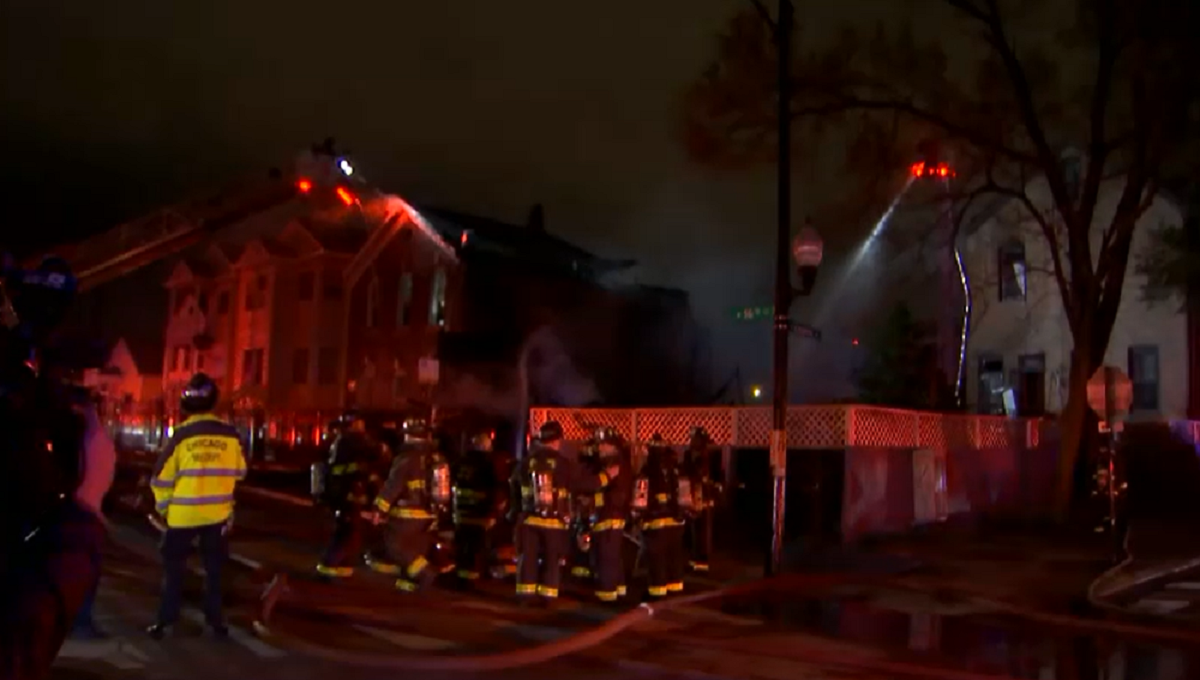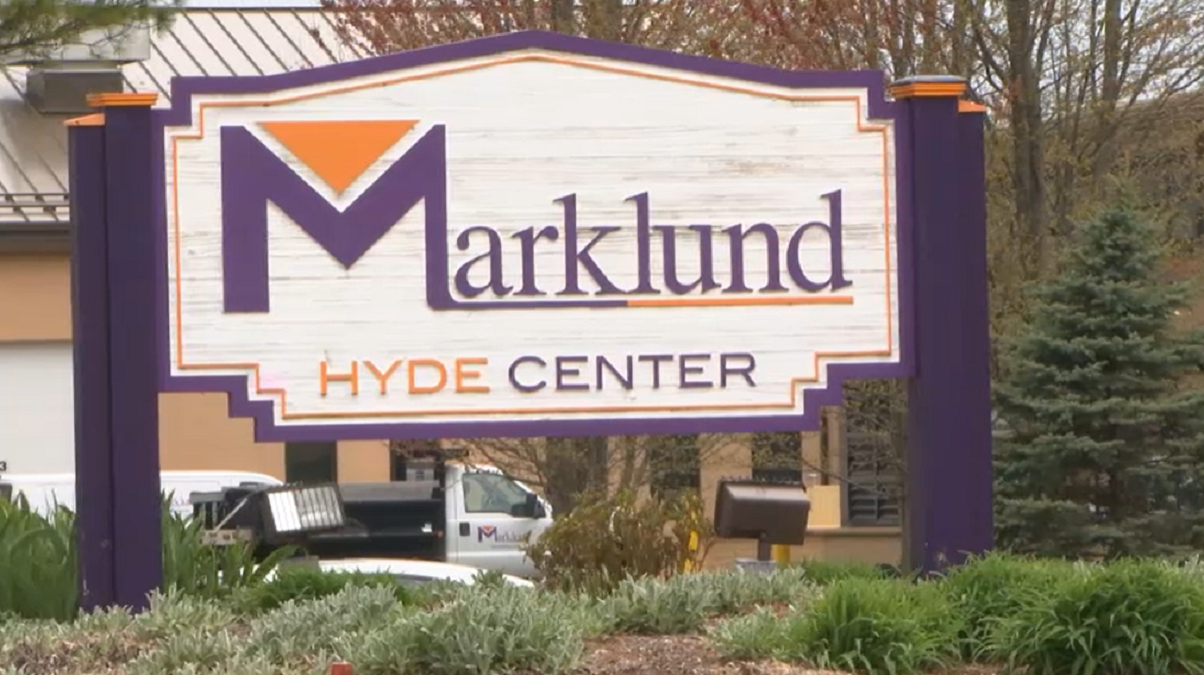The emerging threat of at least 30,000 Illinois state employees striking might seem extreme, but union leaders say they're seriously considering the prospect as contract talks have stalemated amid an overall state government financial picture that is equally extreme.
Illinois remains mired in a fiscal quagmire that includes a crushing $96 billion deficit in public-worker pension systems and a festering $9 billion backlog of unpaid bills to service providers.
That's the backdrop for ongoing negotiations between Democratic Gov. Pat Quinn and the state's largest union, the American Federation of State, County and Municipal Employees, which often finds itself on the defensive at a time when organized labor across the country has suffered losses. AFSCME has futilely fought against facility closures, appealed to the courts to enforce raises promised in 2011 and has little to show for more than a year of contract talks to replace one that expired eight months ago.
Negotiators are expected to sit for another round of talks this week. But if progress continues to elude them, AFSCME leaders may decide it's time to "call the question" and ask members to vote on authorizing a work stoppage, executive director Henry Bayer says. Union leaders raised the prospect of a strike in a letter to members last week.
"People are getting to the point where they're so angry and so frustrated that they think, what's the use of sitting down with these folks every two or three weeks if nothing's going to change?" Bayer said in an interview with The Associated Press.
Since the 1973 advent of collective bargaining in Illinois, there's never been a state employee strike, Bayer said.
"But we've never had an employer that's been so obstinate and made such extreme demands on our members as this one," he added.
The prospect of a strike can be a classic negotiating tactic to pressure Quinn's administration. How the governor responds may depend on more than the state's financial woes; the Democrat traditionally has been seen as a progressive and a friend of unions, but he may decide that a tough stance is worth the risk if it means taxpayer support during next year's re-election campaign.
The governor would not answer an AP reporter's question last week about his administration's plan in case of a walkout, saying only, "Yeah, you're always prepared."
Local
Quinn, who AFSCME says initially sought significant wage reductions, now wants workers to accept a multiyear wage freeze while swallowing changes in health care coverage that Bayer contends would cost each employee an additional $10,000 over a three-year contract.
"It's important that I push for the taxpayers of Illinois," Quinn told reporters last week in Springfield. "Everyone knows we have a tough financial time in the state of Illinois, so we have to make some adjustments from what may have happened in the past, but I think the union understands that."
AFSCME has offered a one-year wage freeze but wants Quinn to honor pay increases the union agreed to delay in 2011 to save the state money. Quinn has refused to pay 5.25 percent due union employees in the fiscal year that ended June 30. A Cook County judge ordered the state to ante up, but Quinn's office appealed that ruling in January.
Union membership totals 40,000 — four-fifths of the state-employed workforce. Illinois law prohibits strikes by security workers — in AFSCME's case, thousands of prison guards and officers at juvenile detention facilities. But a walkout could include thousands of child-abuse investigators, attendants who care for elderly and infirm military veterans and those who care for the developmentally disabled.
A widespread, state-employee labor action in Illinois — one of fewer than a dozen states where it's legal for public employees to strike — would be unprecedented both here and nationally, said Martin Malin, director of the Institute for Law and the Workplace at IIT Chicago-Kent College of Law. A private-sector strike is designed to disrupt a company's income, but in government contract disputes, a work stoppage is a political weapon, he said.
"It would be very, very high-risk on both sides," said Malin.
He referred to several bitter issues pending between the Quinn administration and the union: the pay-raise litigation, a bill recently sent to Quinn for approval that restricts collective bargaining rights and Quinn's decision last fall to stop extending the union contract as talks continued — a move that has been mostly symbolic but demoralizing for workers.
"The disputes between the governor's office and AFSCME are far broader than what the next contract's going to look like," Malin said.
In terms of sheer numbers, an AFSCME strike would not be much bigger than the 26,000 strikers from the Chicago Public Schools last fall, said Bob Bruno, director of the Labor Education Program at the University of Illinois at Chicago. But a teacher, a highly influential adult in a child's life outside home, might have an easier time explaining why he or she has to stop working than a bureaucrat in a sometimes-amorphous desk job.
"That 8th-grade elementary school teacher, people just love them," Bruno said. "Whereas teachers have this public profile, the nondescript, hardworking people behind counters somewhere, reading a file, addressing a complaint, people never come in contact with them."
On the other hand, Bruno questioned whether any governor would want to campaign for re-election on a government shutdown brought on by a strike, no matter how difficult the state's fiscal picture.
An AFSCME strike wouldn't necessarily be limited to the union's own workers. Bayer believes members of other unions generally have the right to refuse to cross an AFSCME picket line.
AFSCME does not represent any of the approximately 3,700 employees at the secretary of state's office. But the Service Employees International Union covers 2,450 employees, including those who license facilities — a major point of contact for taxpayers.



